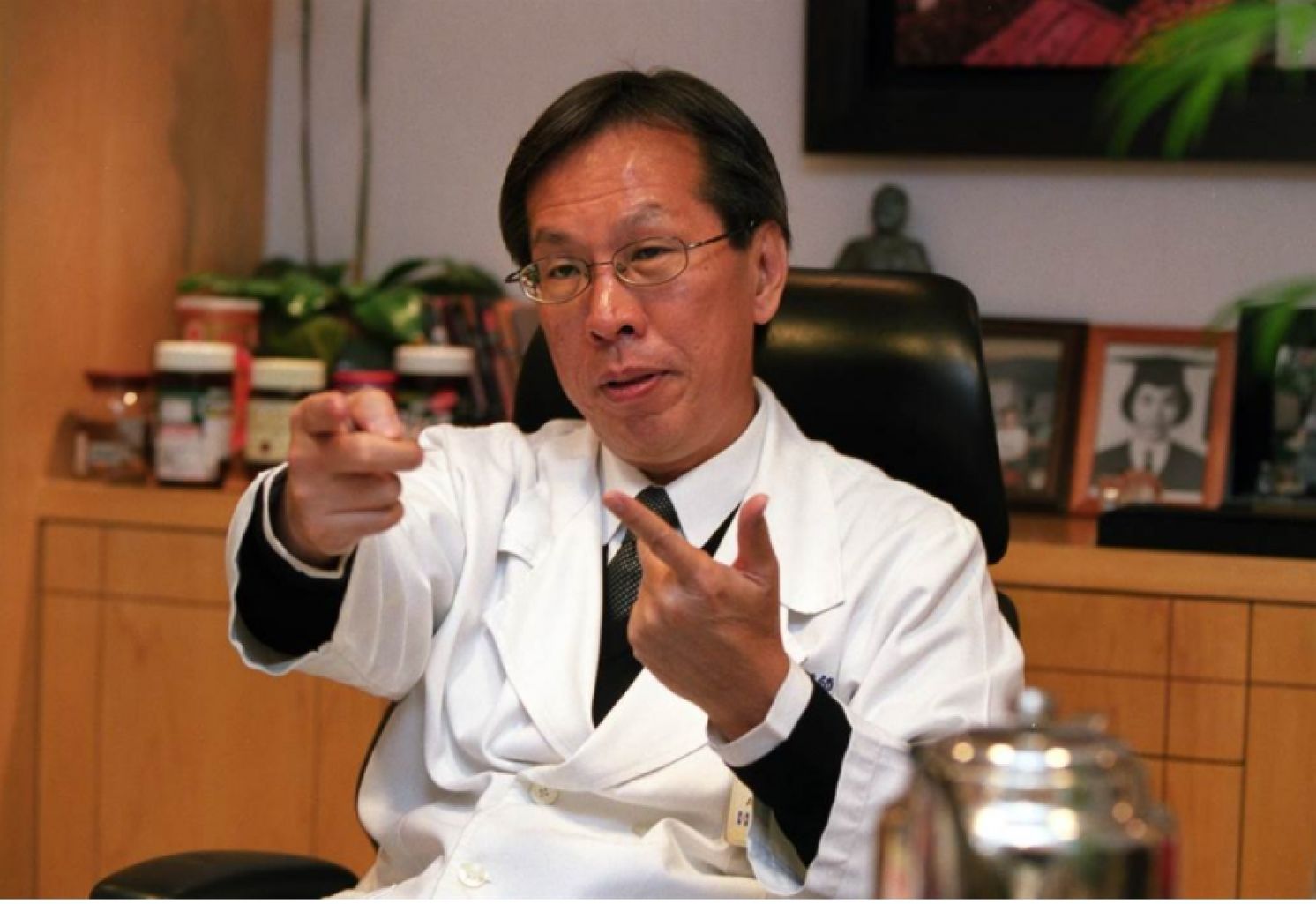
This Week in Taiwan 0124-0130
January 24: The People's Liberation Army (PLA) dispatched 13 military aircrafts into the air defense identification zone (ADIZ) off southwestern Taiwan, the largest-scale military disturbance by mainland China to date this year. The United States Department of State called upon Beijing to cease using military, diplomatic, and economic means to pressure Taiwan and to engage in meaningful dialogue with Taiwan's elected representatives. The State Department added that U.S. commitments to Taiwan are rock-solid in order to maintain peace and stability in the Taiwan Strait. This is the first public discourse of policy stance on cross-strait relations since the administration of President Joe Biden took office.
January 27: Since January, Taiwan has lifted import restrictions on American pork containing ractopamine. Spokeswoman Zhu Fenglian of mainland China's Taiwan Affairs Office, State Council, stated that due to outbreaks of highly pathogenic strains of avian influenza in Taiwan and in order to guard against risks, China strictly prohibits the import of meat products containing ractopamine from Taiwan.
January 28: The number of confirmed cases of the coronavirus (COVID-19) in the world exceeded 100 million on January 26. The Central Epidemic Command Center (CECC) announced that the order suspending transit flights through and foreigners from entering Taiwan will extend until the end of February.
According to the COVID Performance Index published by the Australian think tank Lowy Institute for International Policy, Taiwan is highly ranked in terms of its epidemic prevention, the third among 98 countries and territories behind New Zealand and Vietnam. The United States and United Kingdom received subpar rankings of 94 and 66, respectively.
January 29: Huang Fang-yen, former vice president of Shin Kong Hospital and a close supporter of former President Chen Shui-bian, who was convicted of corruption charges, was found dead inside a car in Irvine, California, after absconding to the United States for some 12 years to escape money laundering charges. According to American police and autopsy examination, Huang committed suicide by shooting himself in the head.
January 29: Global inventories of car chips are low, and the United States, Japan, and Europe wrote to Taiwan for assistance with increasing production. The Ministry of Economic Affairs (MOEA) and the National Development Council assembled four semi-conductor manufacturers, including the Taiwan Semiconductor Manufacturing Company (TSMC), on January 27 to discuss. Each of them expressed full willingness to cooperate in order to meet the international demand for automobile chips. In response to reporting by Bloomberg, American officials are planning to discuss car chip supply with the Taiwanese government and industry leaders. The MOEA stated that related supply chain talks will be held by video conference and will be attended by Minister Wang Mei-hua as well as various companies.
January 29: According to the Directorate-General of Budget, Accounting and Statistics, Executive Yuan, Taiwan's economic growth rate in 2020 was estimated at 2.98 percent. Thanks to successes in epidemic prevention, the Taiwanese economy performed brilliantly despite the pandemic. This is the first time in nearly three decades that Taiwan's economic growth rate not only trumped that of mainland China but also led those of developed countries.